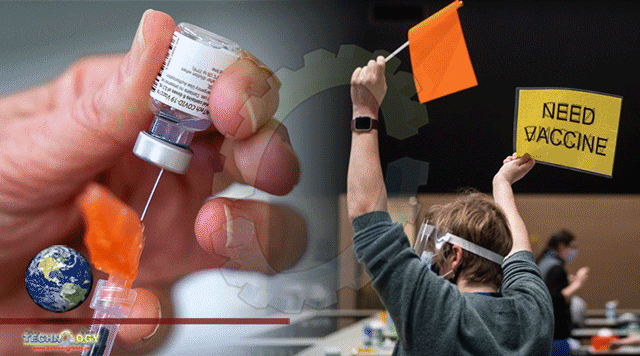It Was Five Years Between The Time Salk Received His Grant And His Announcement Of An Effective And Safe Vaccine.

My earliest encounter with vaccines, and perhaps yours, was as a child. Polio had been ravaging the nation’s children, many requiring “iron lungs,” leg braces and crutches. In 1952, about 58,000 new cases and more than 3,000 deaths were reported in the U.S. Parents everywhere were terrified.
Dr. Jonas Salk, head of a research laboratory at the University of Pittsburgh, received a grant in 1948 to study the poliomyelitis virus and develop a vaccine using the killed virus. By 1950, he had an early version, and, on March 26, 1953, he announced on CBS Radio that he had successfully tested his vaccine. A mass vaccination effort began, with many of us receiving our shots in school.
Polio doesn’t pose a threat anymore in the U.S., or the world. According to the World Health Organization, only two cases have been reported so far in 2021, in Pakistan and Afghanistan. Taken as a whole, vaccines are credited with saving millions of lives and extending life spans.
It Was Five Years Between The Time Salk Received His Grant And His Announcement Of An Effective And Safe Vaccine. Compare that the speed with which today’s researchers in Operation Warp Speed announced the development of vaccines against the coronavirus that causes COVID-19. Work began almost as soon as the virus was discovered, in January 2020, and by December Pfizer had received emergency authorization for its vaccine.
Now, just 18 months after the first cases of COVID-19 appeared in the U.S., 64% of adults 18 and older have received at least one dose of vaccine, and 53% are fully vaccinated. New cases and deaths have dropped precipitously. Even among the most vulnerable aging populations in nursing homes, cases and deaths are way down.
I can understand why some people are wary of vaccines that seemingly came out of nowhere. Is it safe? What are the long-term effects? But a lot has changed in the 70 years since the fight against polio, and the development of today’s vaccines bears no resemblance to the processes used by Salk and his forbears.
This news was originally published at Daily Herald.